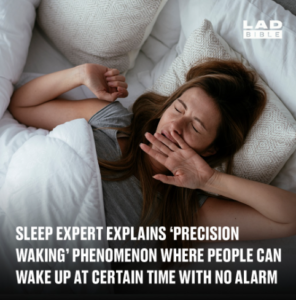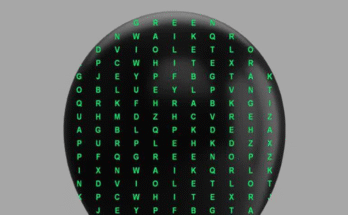The phenomenon of “precision waking” has intrigued sleep experts for years. It’s the ability of some people to wake up at a specific time without the aid of an alarm. Though it may sound like an almost supernatural ability, it’s actually rooted in the body’s internal clock and how it interacts with our sleep patterns.
Our bodies are governed by the circadian rhythm, a natural cycle that regulates sleep-wake patterns over a 24-hour period. This internal clock responds to various cues, such as light and darkness, but it can also be trained to wake up at certain times. Precision waking occurs when someone has conditioned their body to wake at a specific moment, often through repetition and consistency.
Experts explain that when we set a regular wake-up time, our body begins to anticipate that moment. This conditioning strengthens the brain’s ability to “time” waking up with surprising accuracy. The brain begins to prepare for this wake-up even before the alarm goes off. It’s believed that the release of certain hormones like cortisol, which help us feel alert, peaks just before the desired time. Over time, the body learns to regulate this process and wake up naturally without external prompts.
However, precision waking doesn’t work for everyone, and it requires consistency. People who regularly wake up at the same time, even on weekends, are more likely to experience this phenomenon. It’s also important to have a healthy sleep routine, as insufficient or disrupted sleep can interfere with the accuracy of waking naturally.
In short, precision waking is a learned ability, influenced by consistent patterns and the body’s ability to adapt. For those who’ve mastered it, it’s a fascinating reminder of how in tune our bodies can become with the rhythms of daily life.
